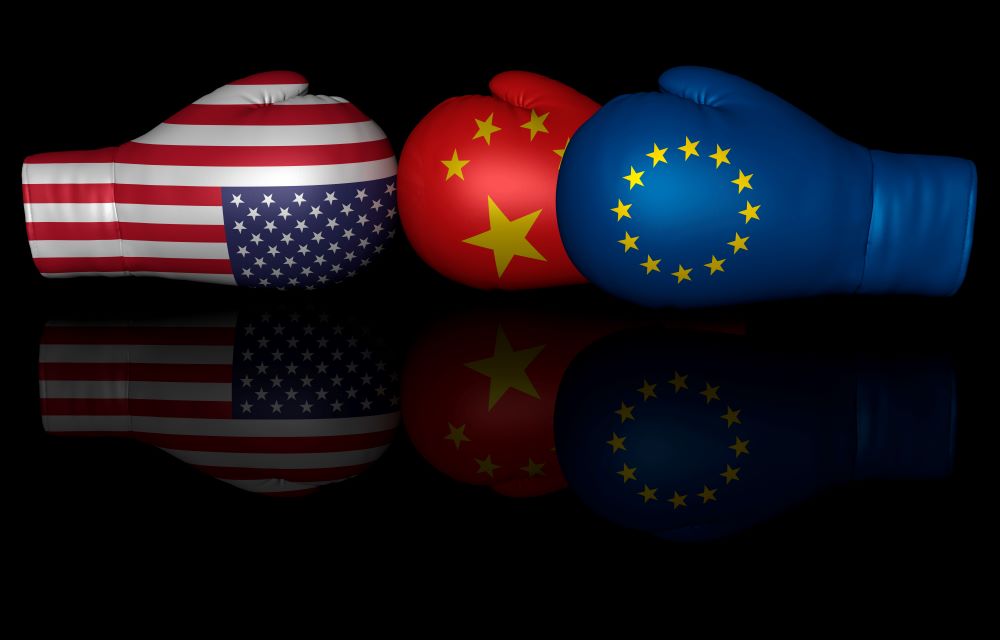Abdullah Mehraban, an expert on Europe affairs, speaking in an interview with the website of the Strategic Council on Foreign Relations about EU-China relations said: Europe-China relations are reciprocal; in the trade sector, the export of China’s low-cost products can be part of the scope of bilateral cooperation, Especially Eastern Europe which is a good market for those products. In return, Europe exports its technology to China.
Mehraban added: Although the Chinese have made significant progress in technology, their dependence on Europe still remains strong. Meanwhile, buying technology from Europe costs them less as compared to the United States.
As for the political relations between Europe and China, the expert on Europe affairs said: Although the issue of Uyghurs and human rights in China is important for the Europeans and is an obstacle to the expansion of bilateral relations, in general, it seems that in many areas, especially in the Middle East and North Africa there is as an implicit rivalry between Europe and China.
Referring to Donald Trump’s presidency and its impact on China-EU relations, Mehraban said: With Trump coming to power and implementation of some policies by him, a significant turn occurred in those relations; because Trump had a very negative attitude towards China and encouraged his allies, including Europe, to follow his policies.
While analyzing Europe’s policies towards China during Trump’s presidency, he said: During Trump’s presidency Europe has faced a kind of dichotomy in its pursuit of relations with Beijing. On the one hand, Trump’s pressure on European countries to reduce their relations with China, and on the other hand, the mutual need between Europe and China, especially in the economic and technology fields, prevented Europe from pursuing a specific policy towards China.
Mehraban further remarked: Over the past four years, due to Donald Trump’s policies, the European Union adopted a policy of tolerance for most of its relations with other countries and in relations with China it did not follow a specific approach because Brussels did not intend to lose the United States as an inherent and potential ally.
The expert on Europe affairs stressed that if the EU was to fully approach China, in the post-Trump period it would cause them harm and would lead to more transatlantic gap. To this end, Europe has taken a double-standard policy towards China. In this regard, we witnessed that the Europeans appeased the issue of the Uyghurs and somehow ignored their own human rights positions and slogans.
Commenting on the impact of Biden’s victory in regulating Europe’s relations with China, the expert on Europe affairs noted: Europe’s relations with China during the Biden period will also be greatly influenced by the new US president’s approach towards Beijing. Of course, there is a great possibility that the Europeans will gradually pursue a more independent policy towards the US. Because, Trump’s four-year presidency was a warning to the Europeans not to put all their eggs in the American basket; as another Trump may come to power in the US at any time. Therefore, Europe will henceforth improve parts of its economic and even political relations with Beijing so that they would be less vulnerable in the event of a new era when other Trumps come to power.
In continuation, Mehraban added: Since Biden knows that without cooperation with China, not only transnational issues such as climate change and the Coronavirus will remain unresolved, but also the current economic problems, recession and unemployment in the US are in need of improving trade relations with China. Probably, he will improve the level of US relations with China compared to the Trump era, which will pave the way for Europe to improve relations with Beijing, although human rights issues in China will continue to be an obstacle on the improvement of their relations.










0 Comments